An Illinois judge recently dismissed gun charges against an undocumented immigrant accused of possessing a firearm in Chicago. This ruling addresses the reach and applicability of Second Amendment rights to non-citizens as well as those who are not only non-citizen residents, but who are not even legally permitted to reside in the United States and enjoy the guaranteed protections of the U.S. Constitution. This decision, stemming from a case in Chicago, has sparked a wide-ranging debate over the interpretation and application of gun rights in the United States.
The Case of Heriberto Carbajal-Flores
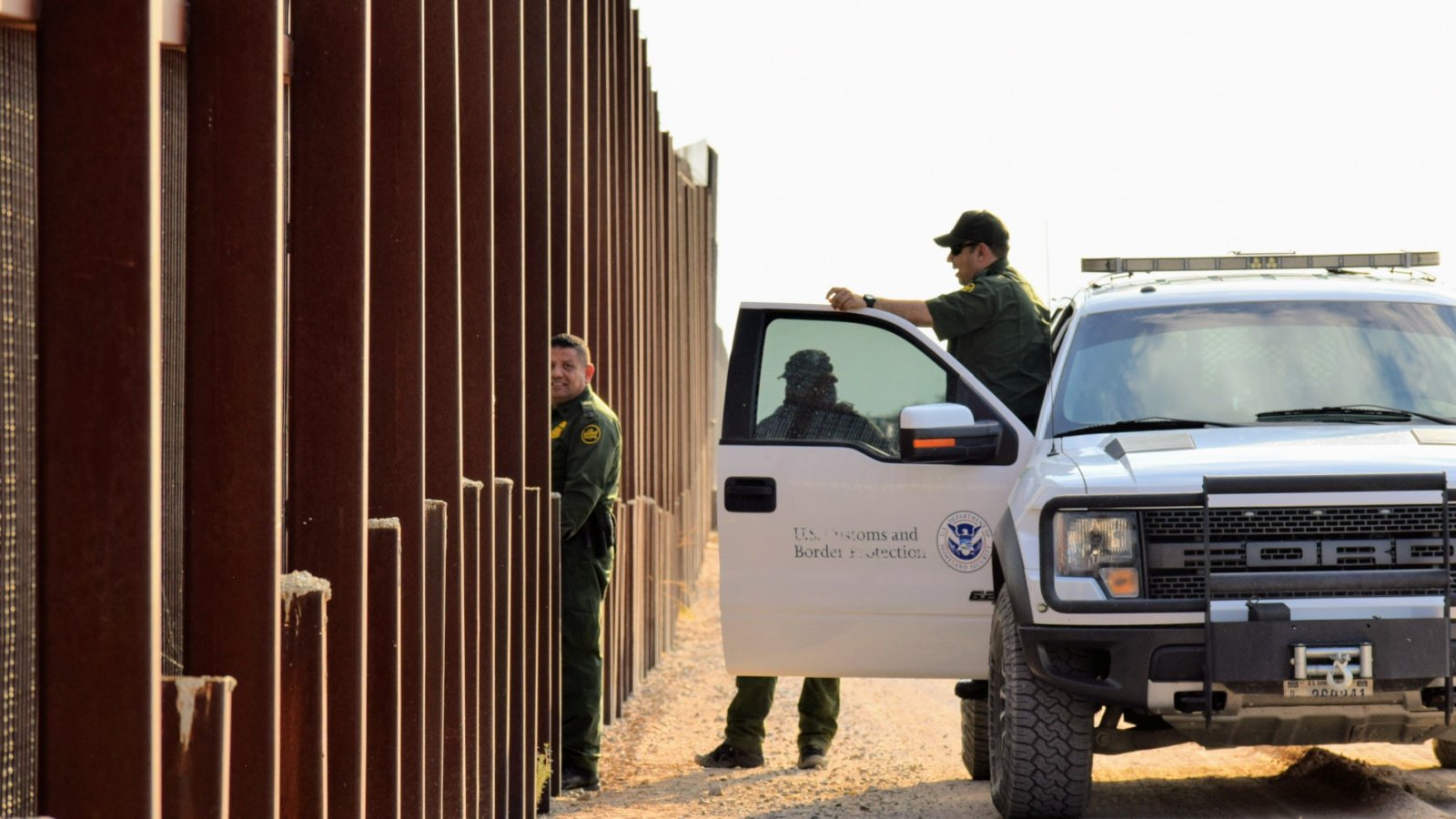
Heriberto Carbajal-Flores, who is in the country unlawfully, was found by authorities with a handgun, a situation that typically triggers serious legal repercussions under U.S. law. Carbajal-Flores faced charges under Title 18 of the U.S. Criminal Code, which prohibits undocumented individuals from possessing or receiving firearms. This legal stipulation became a focal point of the case, challenging the boundaries of gun rights for non-citizens.
Judicial Reasoning and Precedents

Judge Sharon Coleman of the U.S. District Court for the Northern District of Illinois concluded that Carbajal-Flores’s right to bear arms should not be infringed despite his legal status. She cited as the basis for her decision previous rulings in U.S. courts as well as the specifics of the case, including Carbajal-Flores’ lack of a criminal record involving weapons and the non-violent nature of his arrest.
The Rationale Behind Dismissing Charges
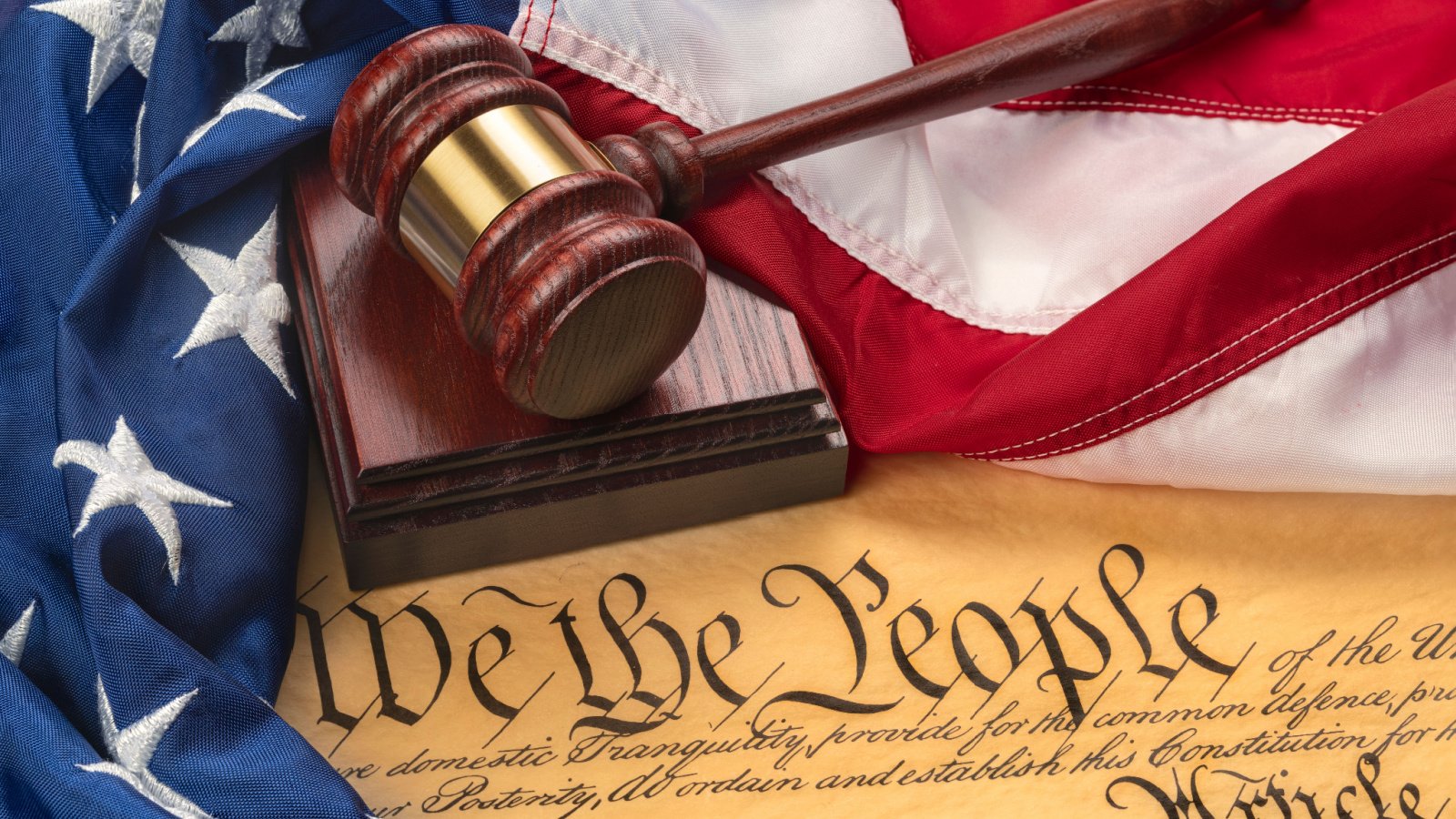
Judge Coleman elaborated on her decision in an eight-page ruling, highlighting that Carbajal-Flores’ clean record and the circumstances of his arrest did not present a threat to public safety. According to her judgment, these factors warranted upholding Carbajal-Flores’ Second Amendment right to self-defense through bearing arms.
Self-Defense During Civil Unrest

A key argument presented by Carbajal-Flores was the need for self-defense and property protection during the 2020 civil unrest sparked by George Floyd’s death. This period of nationwide protests and social upheaval created a context that influenced the judge’s consideration of the case.
Compliance and Employment
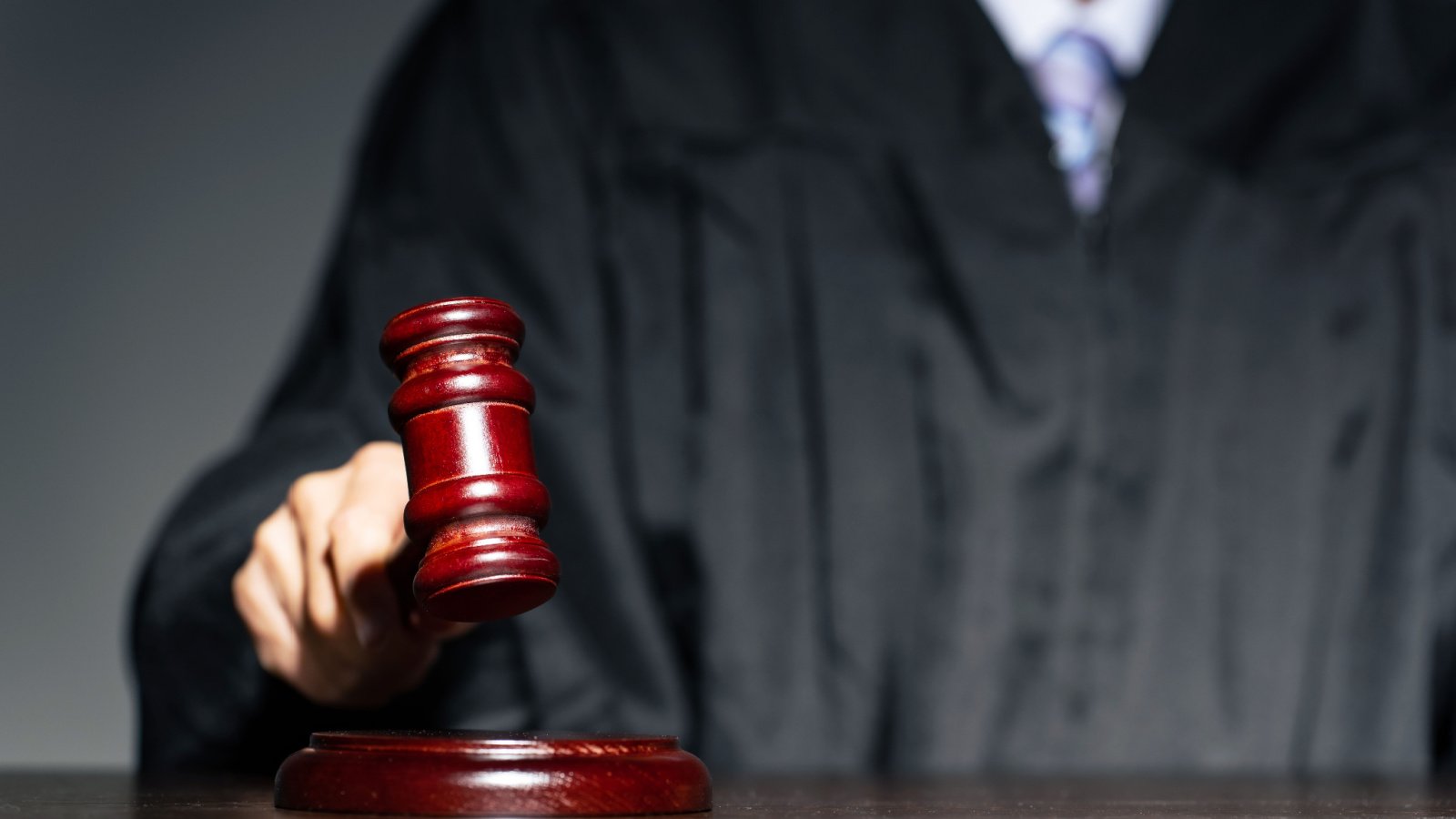
Further supporting his case, Carbajal-Flores demonstrated compliance with all conditions of his release, maintained steady employment, and had no new legal issues. His demonstrated responsible conduct contributed to the judge’s decision to dismiss the charges, according to her ruling.
Previous Motions and Supreme Court Influence
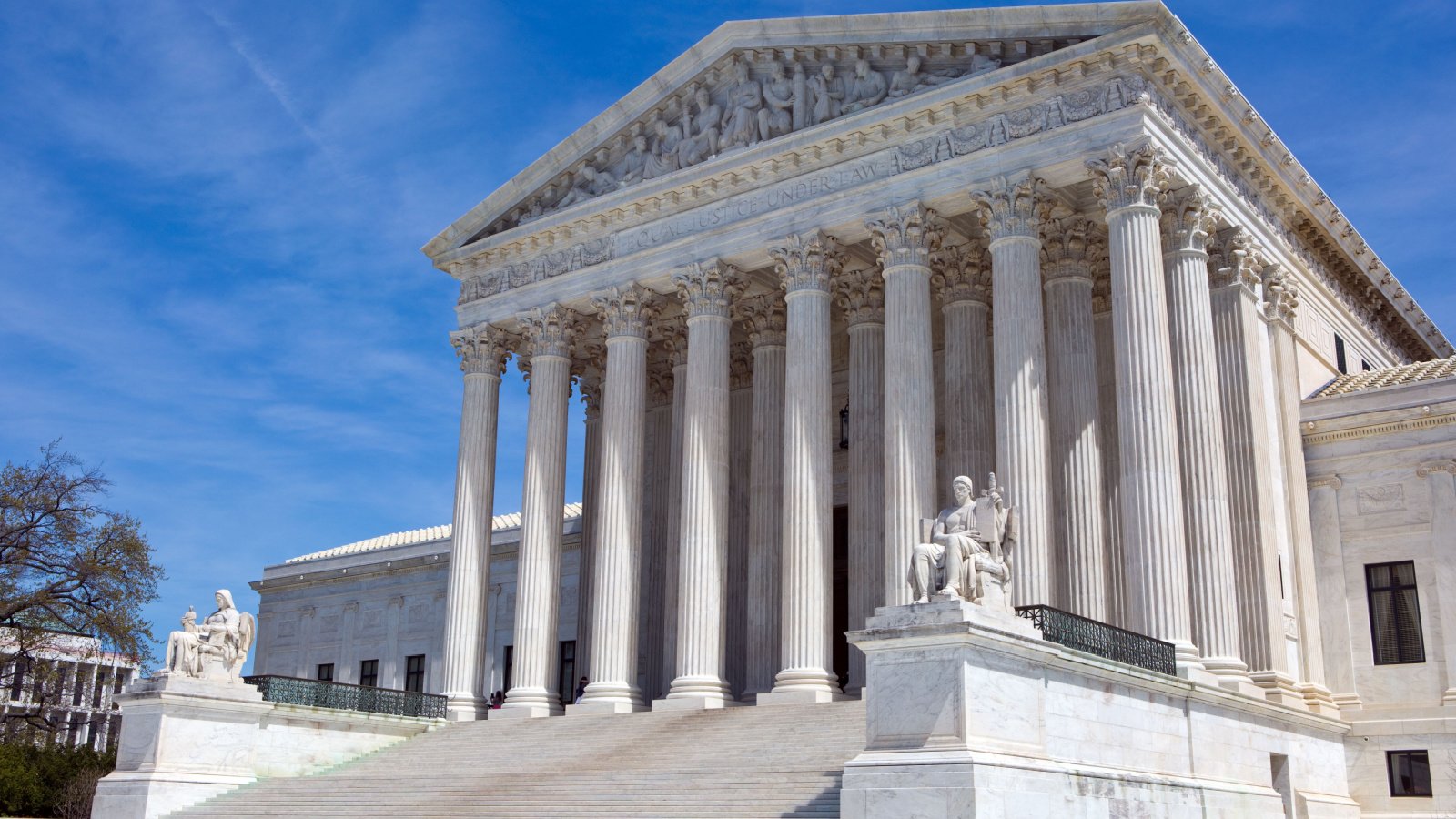
Before reaching this outcome, Carbajal-Flores had unsuccessfully sought the dismissal of charges twice. Notably, these efforts followed a significant Supreme Court ruling that struck down a New York law on carrying firearms, which indirectly influenced the legal landscape surrounding his case.
The Supreme Court’s Stance on Gun Rights

The broader debate on gun rights has been shaped by recent Supreme Court decisions, including one that emphasized the constitutional protection of conduct covered by the Second Amendment. This legal precedent played a role in framing the discussion around Carbajal-Flores’ case.
National Association for Gun Rights vs. Illinois
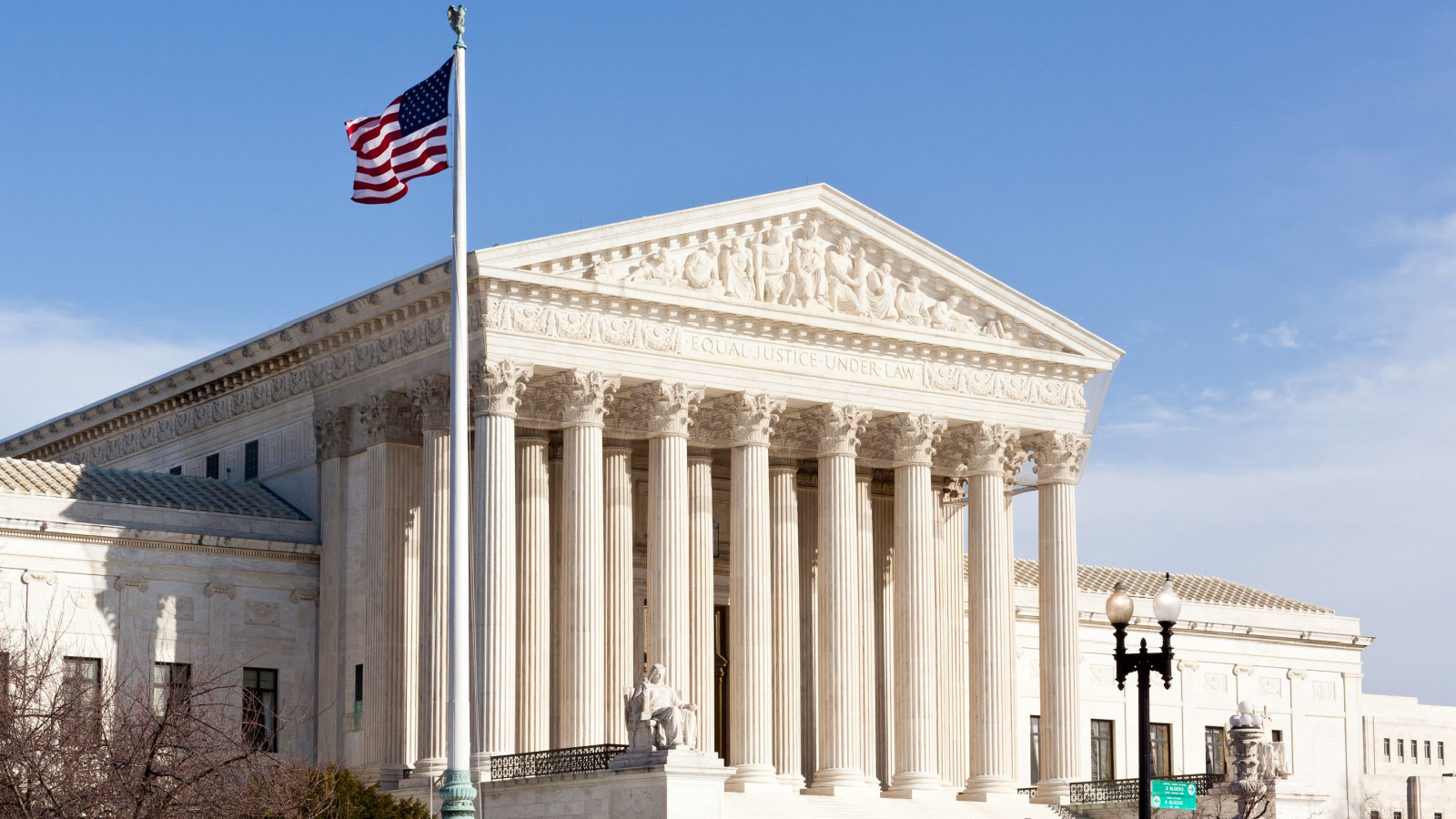
Adding to the legal discourse, the U.S. Supreme Court’s decision against an emergency injunction on Illinois’ ban on semiautomatic firearms reflected the ongoing tension between gun control measures and Second Amendment rights. This ruling highlighted the complex legal environment surrounding firearm regulations.
Political and Public Reaction
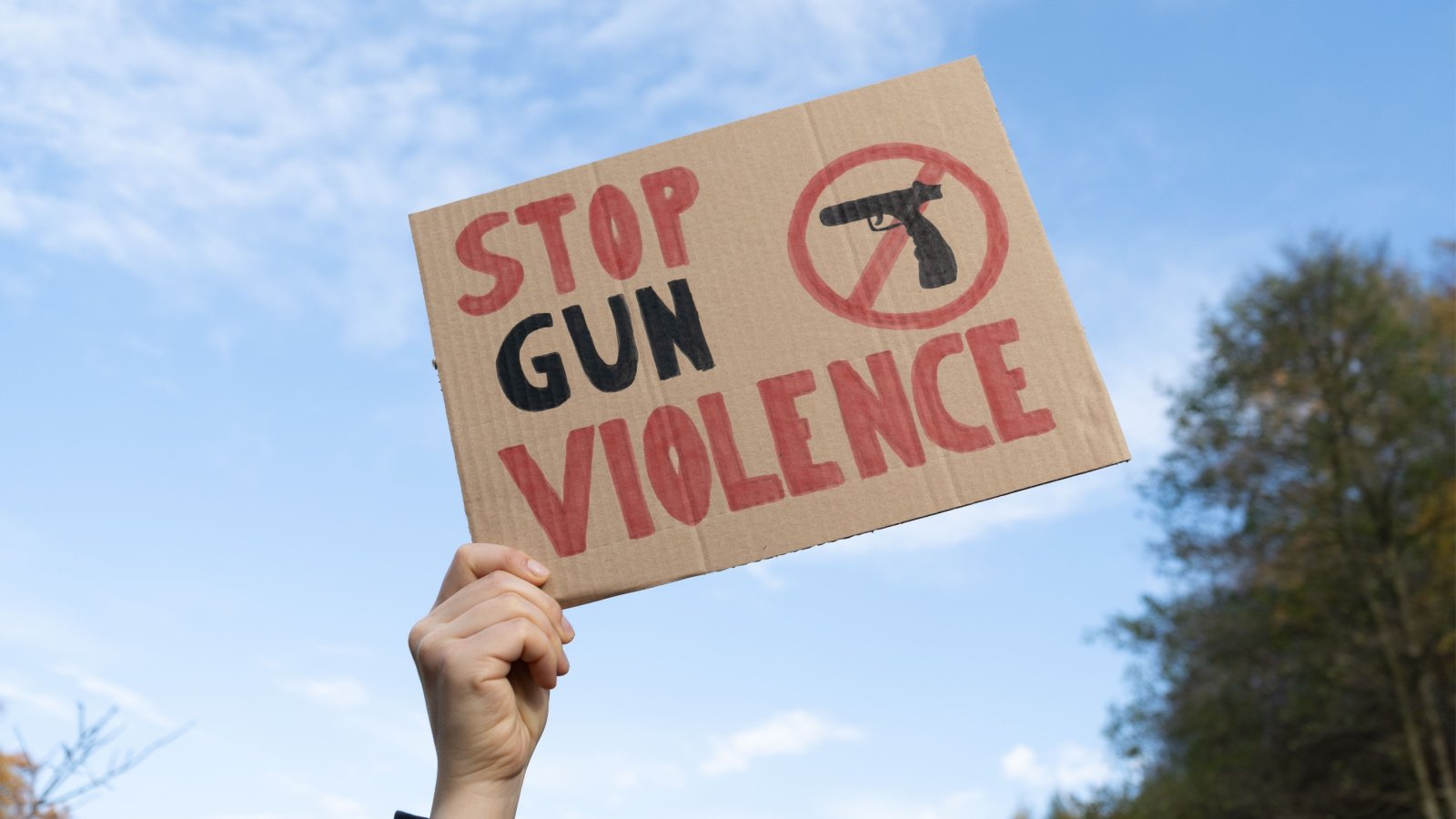
The decision to dismiss Carbajal-Flores’ charges has elicited varied responses, reflecting the divisive nature of gun rights and immigration issues in America. Political commentator Jay Oliver expressed concern over the implications of such rulings, emphasizing the responsibilities of gun shop owners and the potential risks posed by lenient interpretations of gun laws.
Legal Foundations and Interpretations
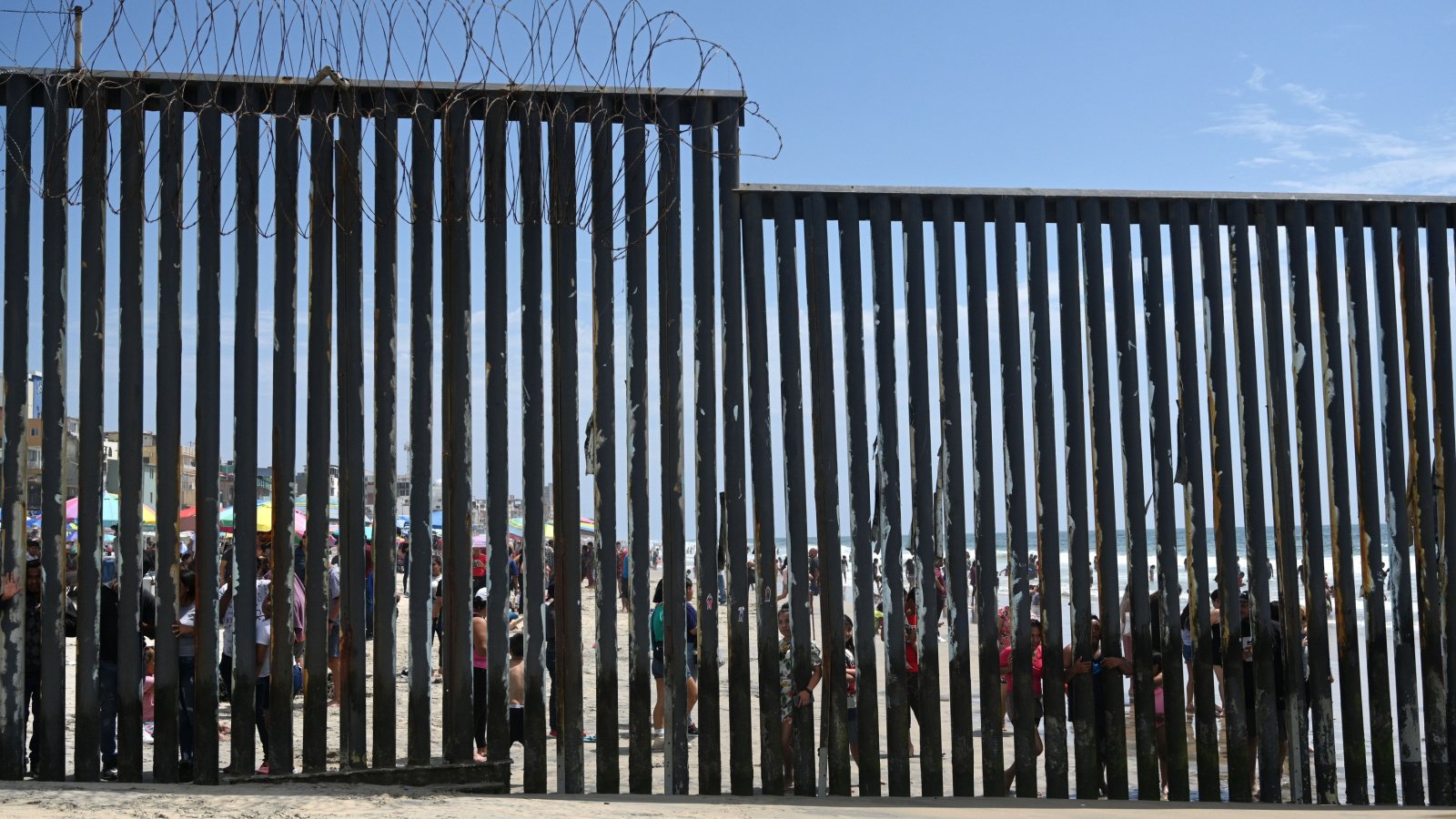
The Second Amendment, like other parts of the Constitution, is primarily understood to protect the rights of U.S. citizens. However, the extent to which these rights extend to non-citizens and undocumented immigrants has been interpreted in various ways by courts. Some argue that certain constitutional rights, including the Second Amendment, should apply to everyone within the U.S. borders, while others see them as privileges reserved for citizens.
Supreme Court Stance
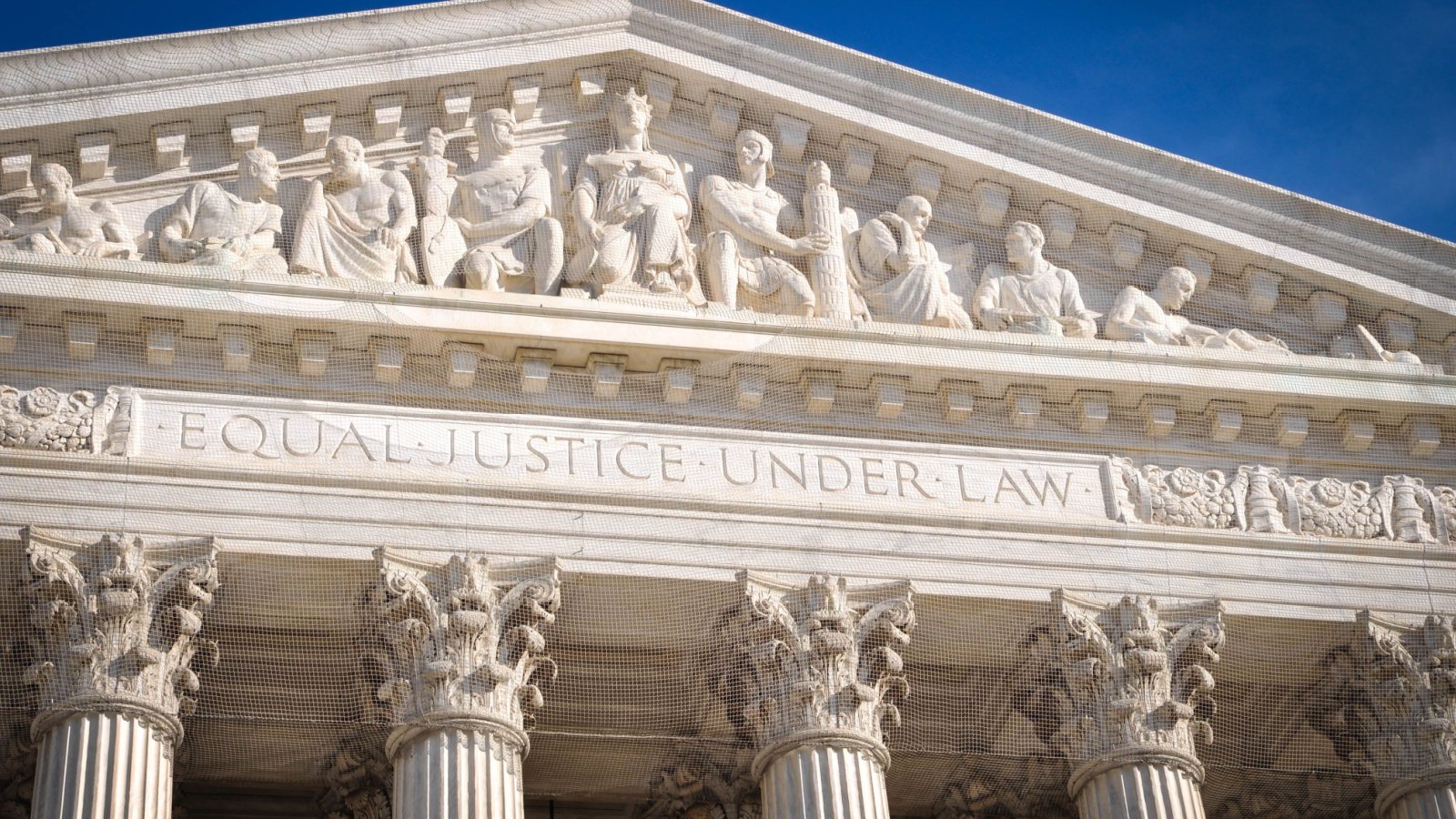
The U.S. Supreme Court has not definitively ruled on whether the Second Amendment applies to non-citizens. However, in cases dealing with other constitutional rights, the Court has sometimes extended protections to non-citizens. This creates a legal ambiguity regarding the Second Amendment, suggesting that its protections might also extend to non-citizens under certain conditions.
Lower Court Rulings

Lower courts have issued conflicting decisions on this matter. Some courts have upheld the rights of non-citizens to bear arms, citing the lack of clear constitutional language excluding them. Others have taken a more restrictive view, especially regarding undocumented immigrants, citing public safety concerns and legal status.
Federal Laws and Restrictions

Federal law, specifically the Gun Control Act of 1968 and its amendments, places restrictions on firearms possession by certain non-citizens, including illegal immigrants and non-immigrant visa holders (with some exceptions). This law indicates a federal stance that not all residents have the same Second Amendment rights.
Arguments for Extension
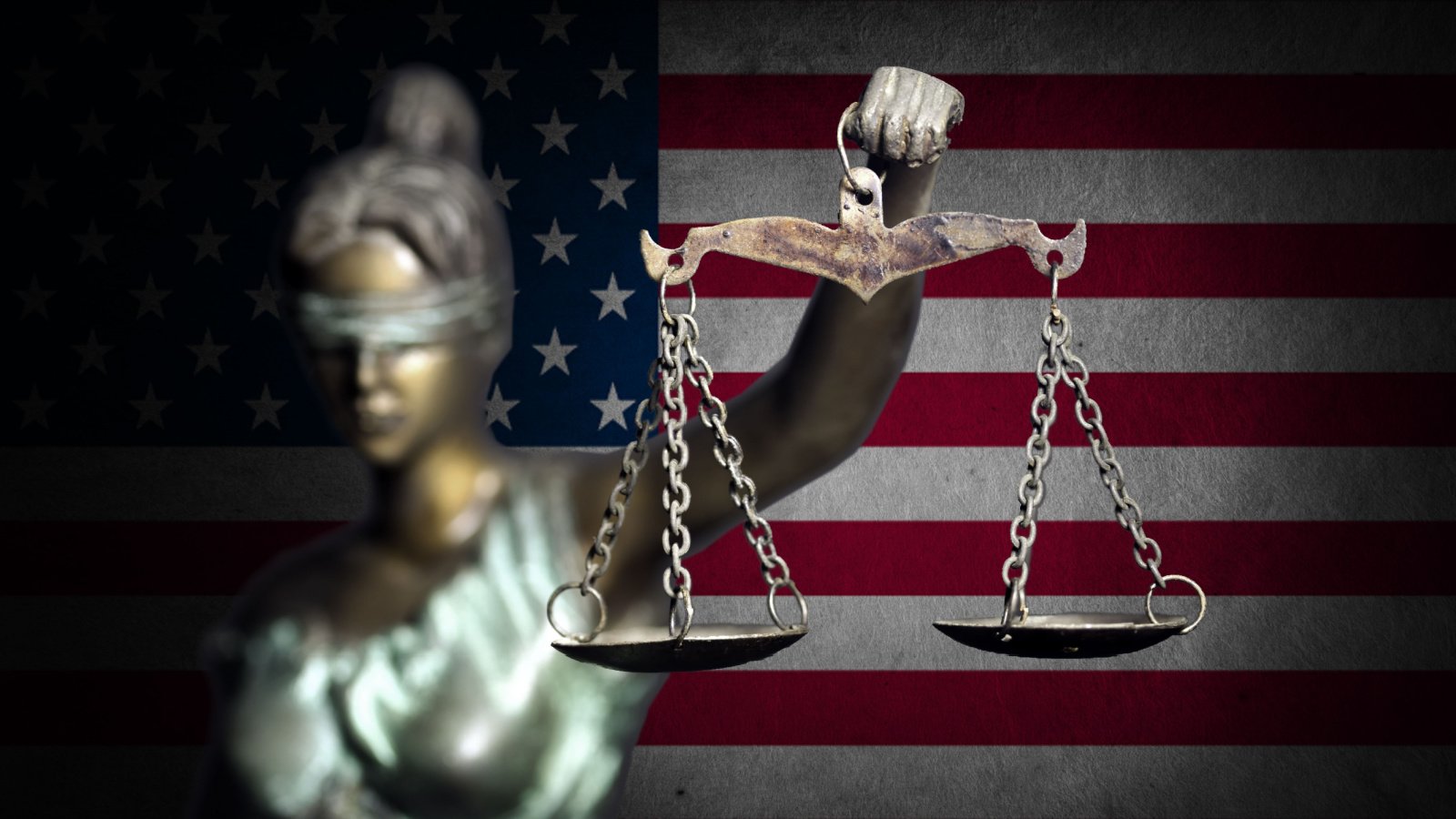
Proponents of extending Second Amendment rights to non-citizens argue that the Constitution’s protections of individual liberties should not depend on citizenship status. They point to America’s foundational principles of human rights and argue that self-defense is a universal right.
Arguments Against Extension

Opponents of extending these rights argue that non-citizens, especially those in the country illegally, have not entered into the social contract that underpins constitutional rights. They also raise concerns about public safety and the potential for arms to be possessed by individuals not fully subject to U.S. laws.
Impact of Immigration Status
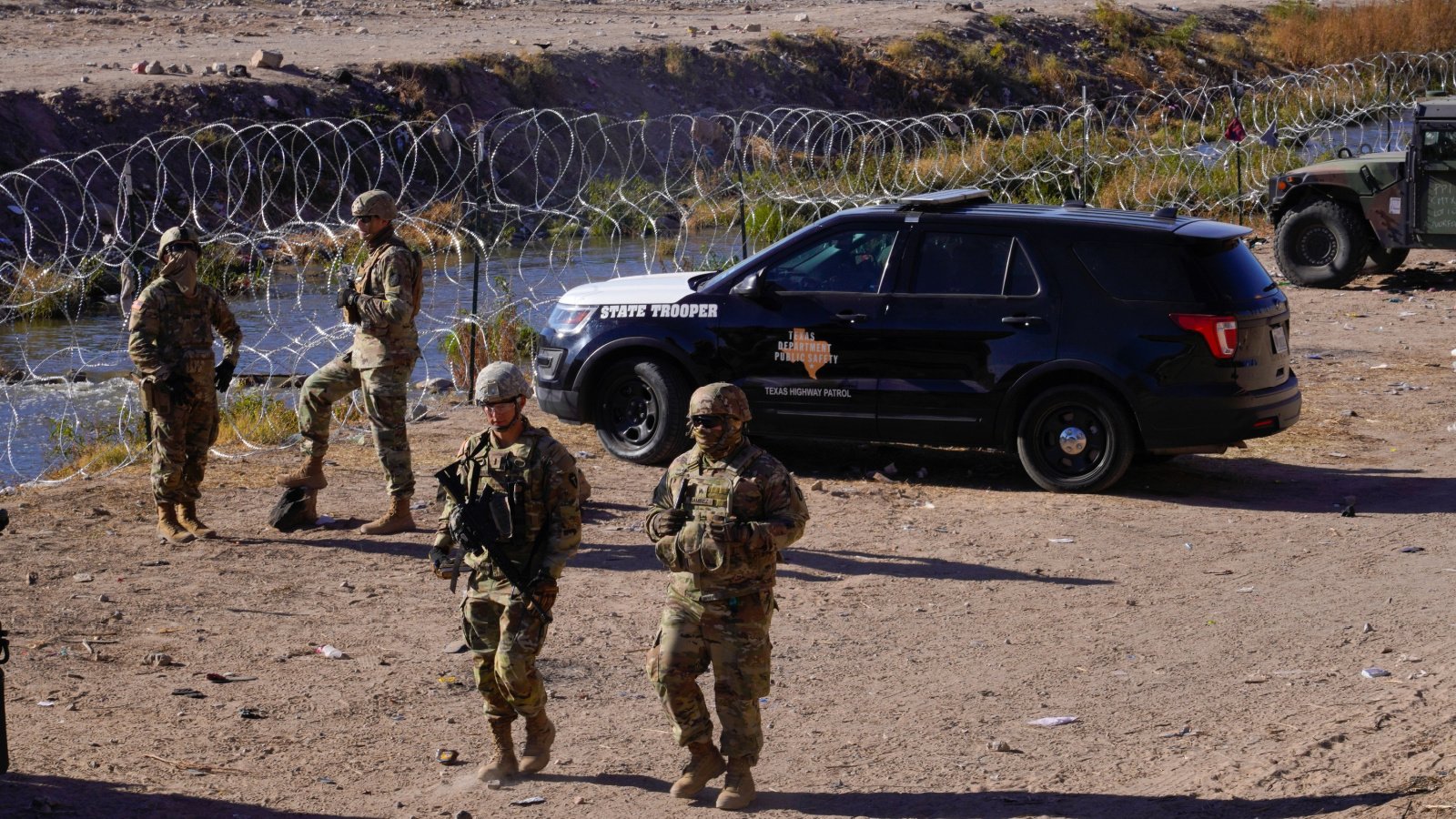
The impact of an individual’s immigration status on their Second Amendment rights is significant. Undocumented immigrants are explicitly prohibited by federal law from possessing firearms, which reflects a policy judgment about the balance between public safety and individual rights.
Policy and Enforcement
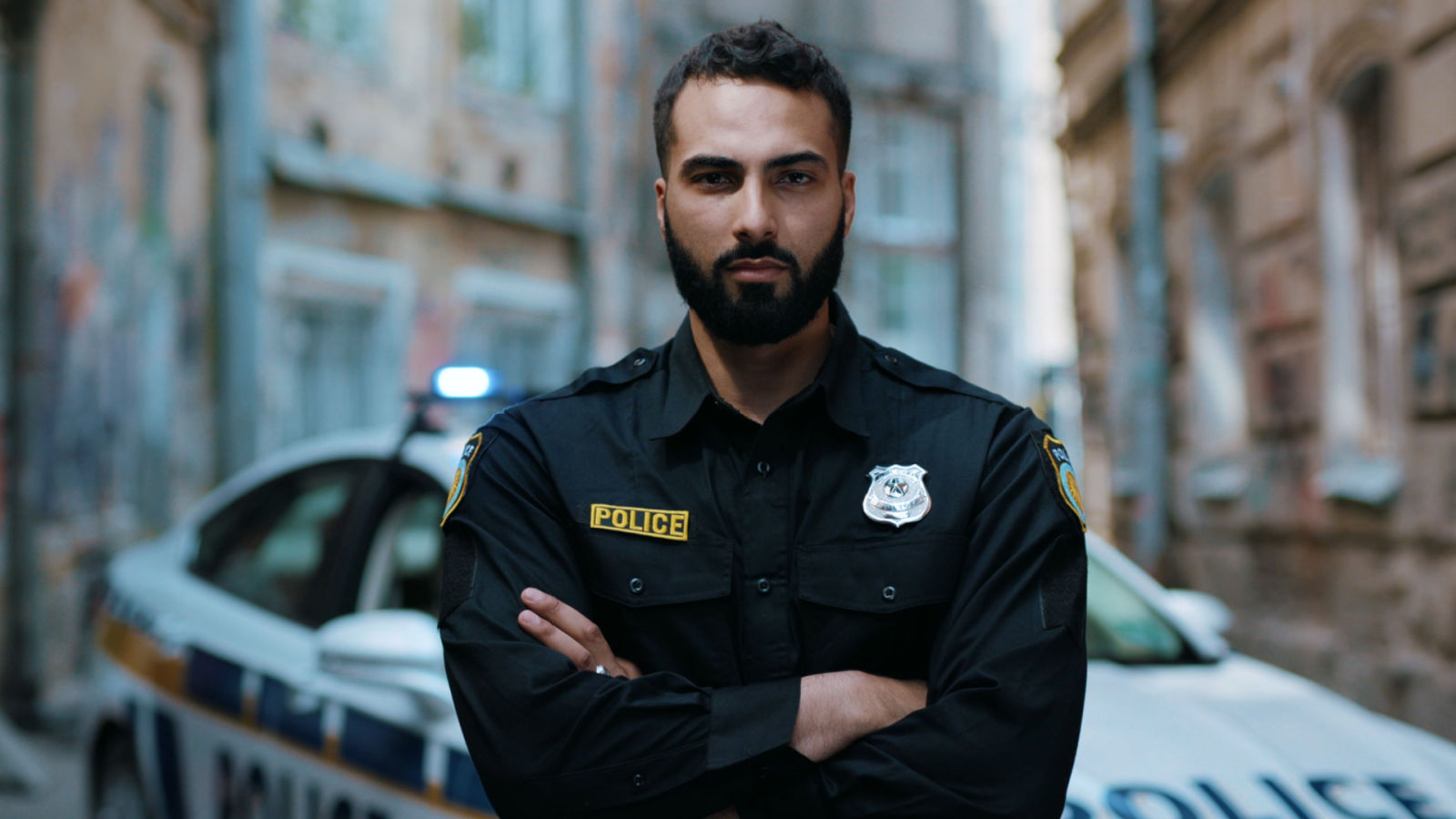
Enforcement of federal laws restricting non-citizens’ rights to bear arms involves a range of agencies and raises questions about priorities and resources. There is ongoing debate about how these laws fit within broader immigration and gun control policies.



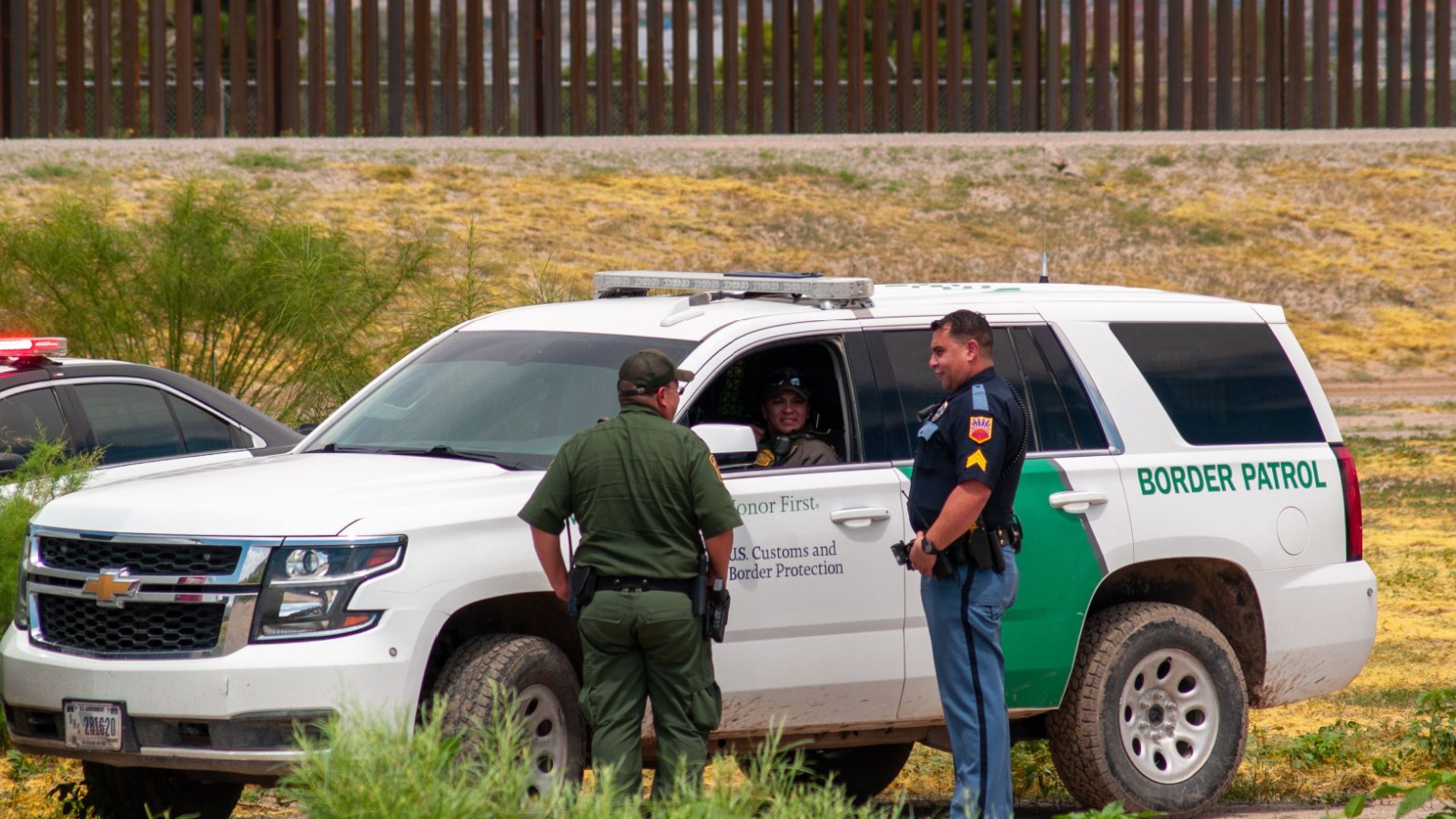
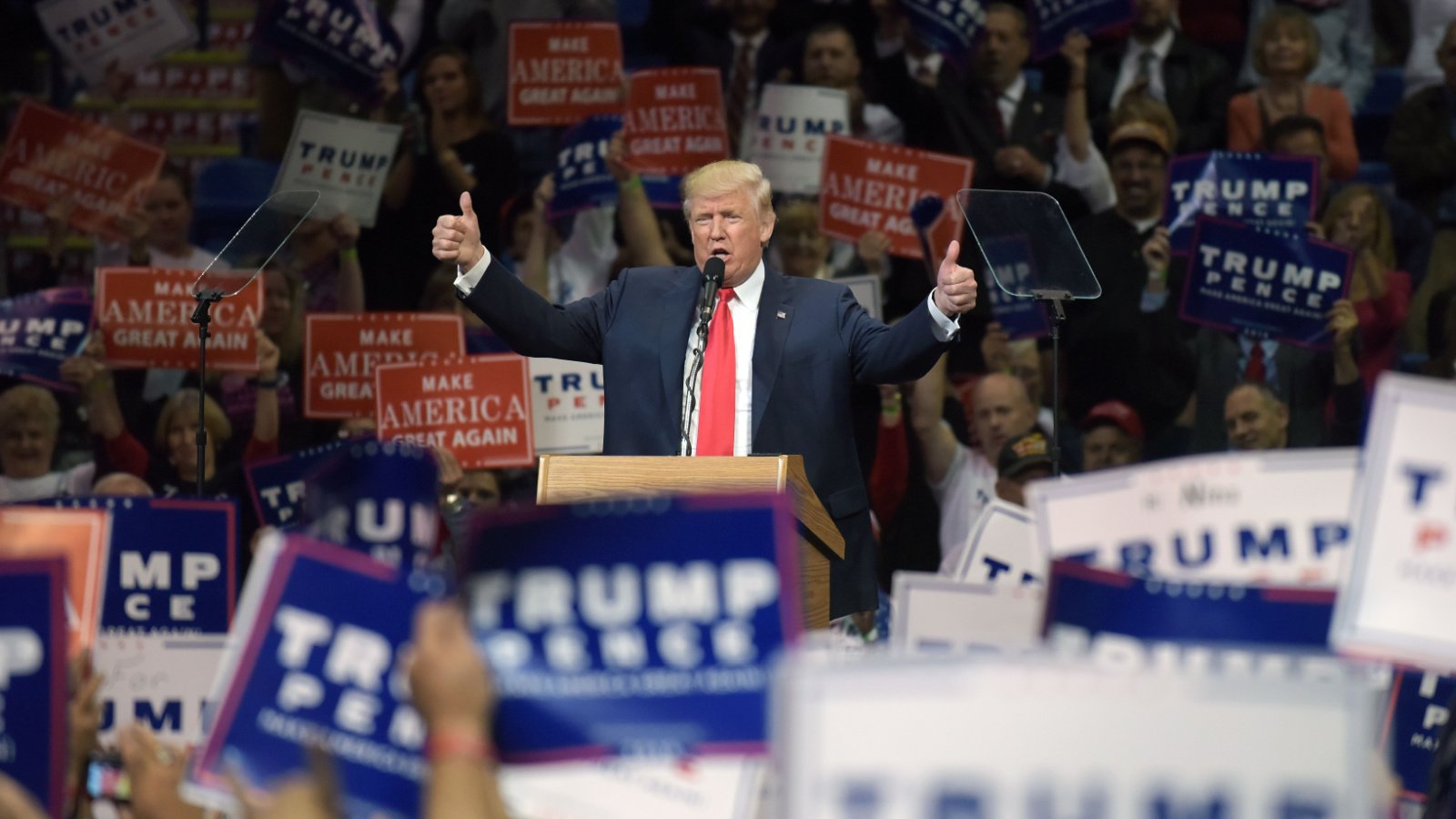



Awesome post! Join the fun at https://www.whatswangyeban-igo.com WhatsApp 网页版让团队沟通变得更为高效,是现代办公的新选择。 . Date: 2026-01-14 19:05:55 (-03).